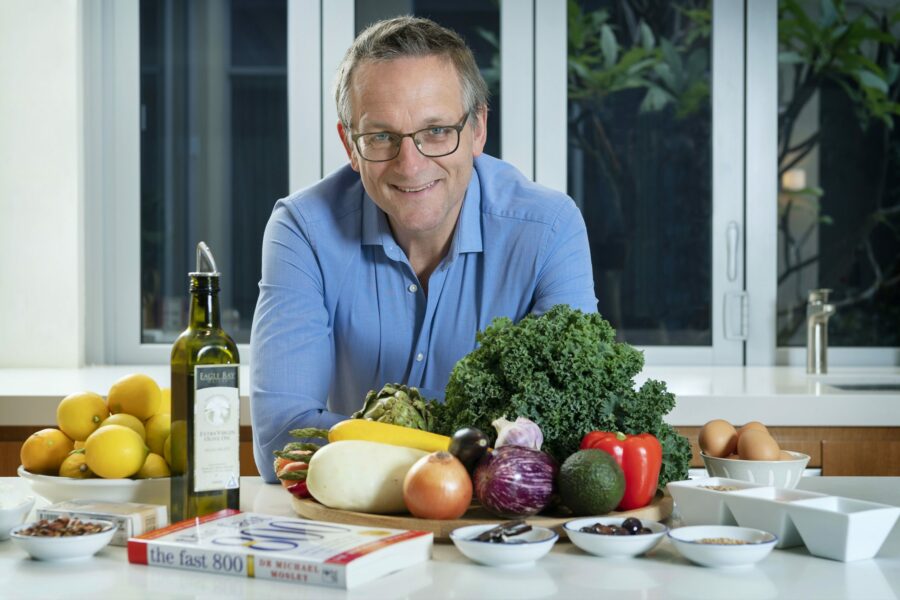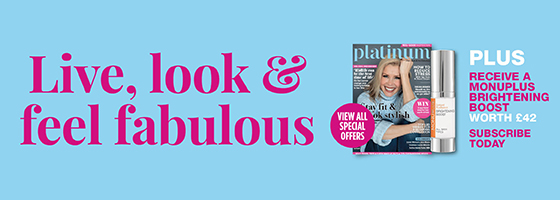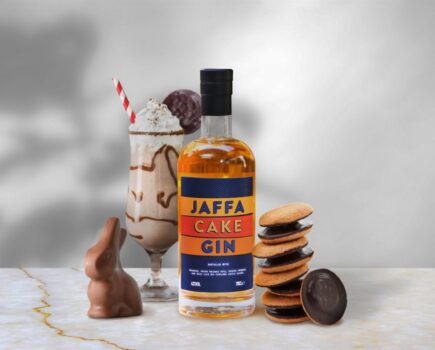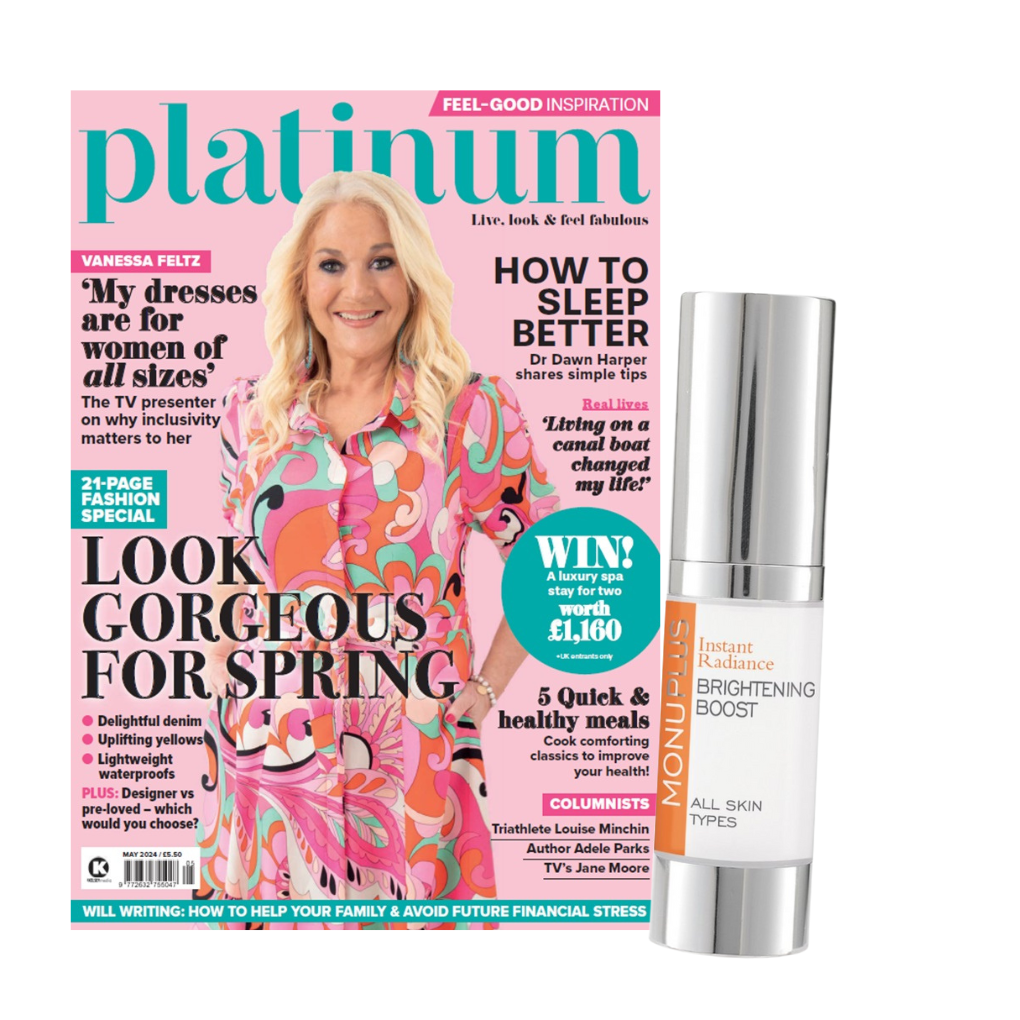Dr Michael Mosley, founder of the Fast 800, shares his expert comment on the dangers of stress food snacking — and what we can eat to combat it.
A new study published in Eating Behaviors journal found that people crave snacks and eat junk food when they are stressed by events in their lives.
The researchers from Australia and New Zealand found that the 137 participants reported greater cravings for food rich in carbohydrates, sweets and fast foods on days when they felt more tension.

“At the heart of weight gain from food is the hormone insulin, which controls fat storage as well as regulating our blood sugar levels,” Dr Michael explains. “When you eat a meal or snack, particularly one that is rich in sugary carbs, your insulin levels go up.
“Insulin’s job is to bring down the fat and sugar you’ve absorbed and is now circulating in your blood. Ideally it would push those excess calories into cells like your muscles to be burnt as fuel. But if you are ‘insulin resistant’ then your muscles find it hard to absorb these calories. Instead they get dumped into your fat cells.”
These are some of Dr Michael’s good food ideas.
Oily fish

Studies have shown that depressed people have lower levels of omega 3 in their blood than people who are not depressed, and boosting those levels is a great mood lifter.
Despite the fact that fish oil capsules are incredibly popular, numerous studies have shown they are nothing like as effective as eating the real thing — opt for salmon, tuna or mackerel. All are rich in omega 3 fatty acids.
Vegetables and legumes

Legumes are things like kidney beans, lima beans or lentils. These can help with inflammation, which has been sited to play a part in the onset of depression.
Like vegetables, they are rich in all sorts of vitamins and minerals and they also contain large amounts of fibre. Fibre is an essential food for your microbiome, the trillions of microbes that live in your gut. There are at least 1,000 different species down there, some of which are good for us, some not so good.
The “good” ones are especially adept at turning fibre into chemicals called ‘short chain fatty acids’, which are anti-inflammatory compounds. These travel through the blood and reduce inflammation throughout the body, including the brain. Inflammation is a major cause of depression.
Olive oil

Olive oil is rich in a substance called oleic acid which like eating fibre, has a powerful anti-inflammatory effect. So splashing olive oil on your salad or vegetables is really good for your heart and brain.
There is also evidence that consuming a few tablespoons of extra virgin olive oil in your food every day will cut your risk of developing breast cancer. Despite what you may have heard, cooking with olive oil is perfectly good for you.
Dr Mosley’s tips to avoid snacking
- Full fat milk and yoghurt is encouraged
To many people’s great surprise (including me), there have been a large number of recent studies demonstrating that full-fat milk drinkers not only tend to be slimmer than those on lower-fat varieties, but also have a lower risk of metabolic syndrome — or raised blood pressure, elevated blood sugars and raised levels of fats in the blood that can increase your risk of heart disease.The likely explanation, according to studies, is that consuming high-fat dairy products keeps you fuller for longer, reducing the lure of sugary snacks.
- Stay hydrated
Drinking plenty of water can keep the hunger at bay. You can also try adding fresh ginger, a slice of fresh lemon or lime to hot water or to sparkling water. Black coffee and tea are fine to have during your fasting hours. - Keep exercising
A fitness programme is key to preventing cravings from taking over. However, avoid endurance or highly demanding exercise on a fast day. - Brushing your teeth
As soon as you have finished the last meal of the day, brush your teeth. It’ll help you to keep away from snacks and nibbles! It is also psychological trigger that this is the end of the day.
Subscribe to Platinum today and get every issue delivered to your door. Or find your local stockist, here. Head to our health archive for more advice on wellbeing issues that matter to you.








